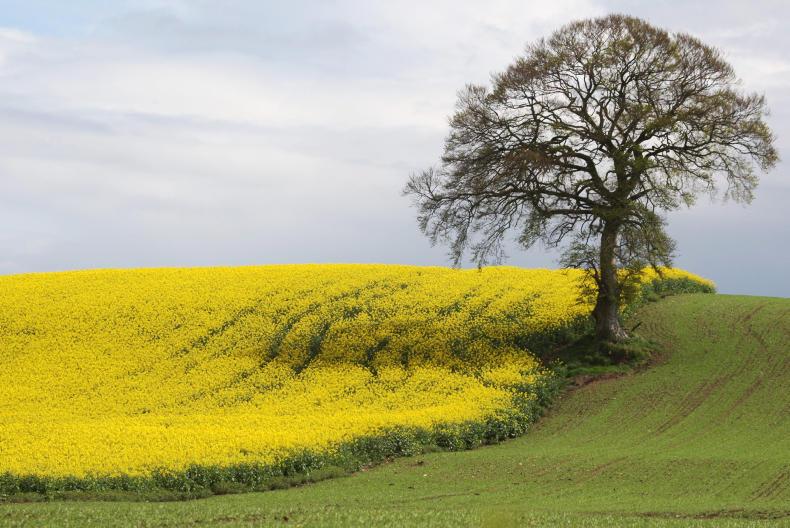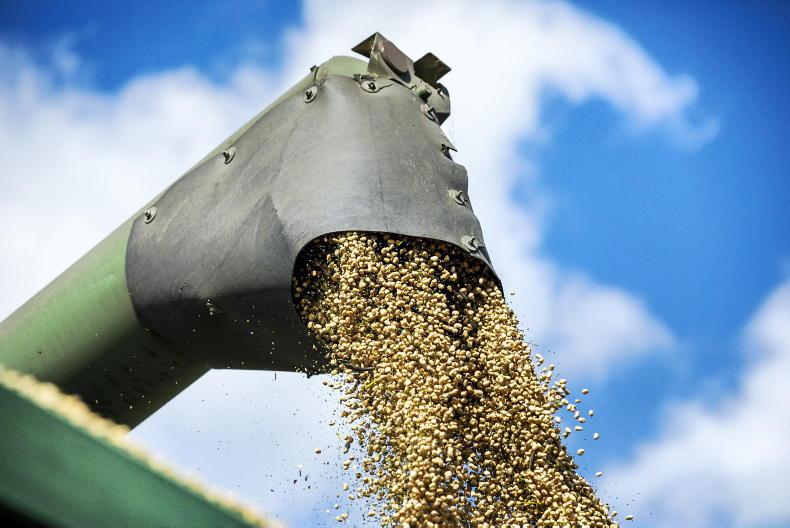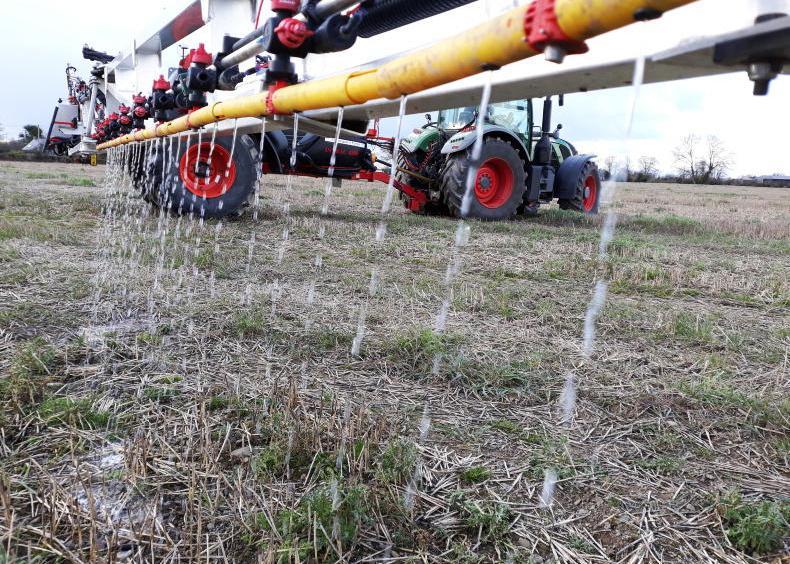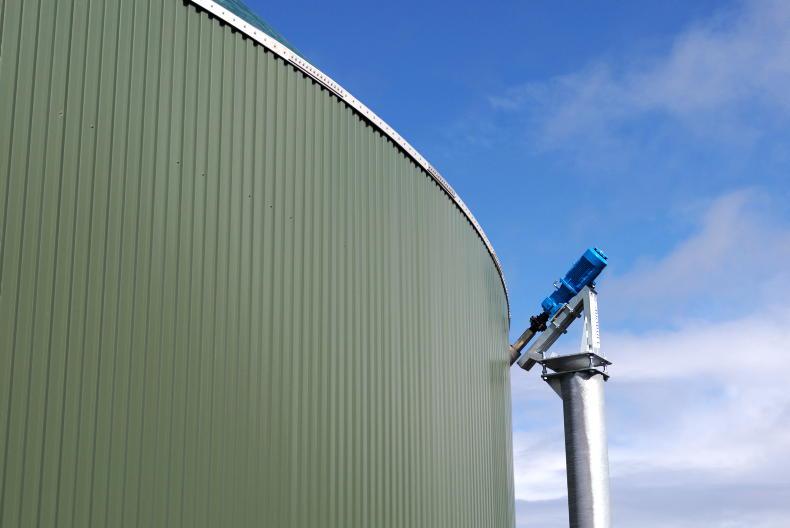Speakers from the Irish Natura and Hill Farmers Association (INHFA), Irish Grain Growers group (IGG) and Meat Industry Ireland (MII) rejected last year's suggestion by the Citizens' Assembly that farmers should pay a tax on their greenhouse gas emissions to be reinvested in support for more environmentally friendly farming.
They were taking part in a hearing on climate change before the Oireachtas agriculture committee. The only speaker who supported the carbon tax proposal was Green Party leader Eamon Ryan TD.
Bridget Murphy, of the INHFA, said: "The farmer doesn't need another tax" and proposed a "carbon rating" instead, similar to the building energy rating (BER) which pushes up the price of more efficient houses. "If you were producing livestock with a better carbon rating, this should be rewarded," she said.
She added that afforestation efforts should focus on broadleaf species rather than Sikta spruce and stay away from peatlands. Bogs have a higher carbon sequestration potential than conifers and should be left alone, with farmers receiving payments for conserving them, she argued.
Food miles
IGG secretary Clive Carter argued that tillage farming should be supported as it is less carbon-intensive than livestock farming and displaces imports of crops that carry high levels of food miles. "The more acres devoted to tillage, the less of a problem we have in relation to climate change," he said.
MII chair Philip Carroll said that better advisory services and monitoring through the Carbon Navigator would lead to better farm practices, especially in grass management. MII director Cormac Healy insisted on this aspect. Asked about a silver bullet against climate change in agriculture, he said there wasn't one, but added: "I would go back to the soil sequestration of Irish grassland – we need to get that right, and is it properly accounted for? How do you enhance that?" he said. He also mentioned the potential of slaughtering cattle younger off grass to reduce their emissions.
Renewable energy
All three organisations agreed on the need to promote renewable energy generation at farm level, especially anaerobic digestion. The INHFA also highlighted the potential of solar farms combined with extensive livestock grazing, while the IGG said that simple solutions such as the combined on-farm production of biodiesel and protein-rich animal feed from oilseeds had be "ignored".
Generational renewal also came up as a way of improving the uptake of best environmental practices among Irish farmers. "The younger farmers, no disrespect to the older farmers, are buying into these initiatives," committee chair Pat Deering TD said.
The hearing followed a first session last week where farm organisations including the IFA gave their views on agriculture and climate change.
Read more
Farming to meet new EU emissions targets
Full coverage: agriculture and climate change
Speakers from the Irish Natura and Hill Farmers Association (INHFA), Irish Grain Growers group (IGG) and Meat Industry Ireland (MII) rejected last year's suggestion by the Citizens' Assembly that farmers should pay a tax on their greenhouse gas emissions to be reinvested in support for more environmentally friendly farming.
They were taking part in a hearing on climate change before the Oireachtas agriculture committee. The only speaker who supported the carbon tax proposal was Green Party leader Eamon Ryan TD.
Bridget Murphy, of the INHFA, said: "The farmer doesn't need another tax" and proposed a "carbon rating" instead, similar to the building energy rating (BER) which pushes up the price of more efficient houses. "If you were producing livestock with a better carbon rating, this should be rewarded," she said.
She added that afforestation efforts should focus on broadleaf species rather than Sikta spruce and stay away from peatlands. Bogs have a higher carbon sequestration potential than conifers and should be left alone, with farmers receiving payments for conserving them, she argued.
Food miles
IGG secretary Clive Carter argued that tillage farming should be supported as it is less carbon-intensive than livestock farming and displaces imports of crops that carry high levels of food miles. "The more acres devoted to tillage, the less of a problem we have in relation to climate change," he said.
MII chair Philip Carroll said that better advisory services and monitoring through the Carbon Navigator would lead to better farm practices, especially in grass management. MII director Cormac Healy insisted on this aspect. Asked about a silver bullet against climate change in agriculture, he said there wasn't one, but added: "I would go back to the soil sequestration of Irish grassland – we need to get that right, and is it properly accounted for? How do you enhance that?" he said. He also mentioned the potential of slaughtering cattle younger off grass to reduce their emissions.
Renewable energy
All three organisations agreed on the need to promote renewable energy generation at farm level, especially anaerobic digestion. The INHFA also highlighted the potential of solar farms combined with extensive livestock grazing, while the IGG said that simple solutions such as the combined on-farm production of biodiesel and protein-rich animal feed from oilseeds had be "ignored".
Generational renewal also came up as a way of improving the uptake of best environmental practices among Irish farmers. "The younger farmers, no disrespect to the older farmers, are buying into these initiatives," committee chair Pat Deering TD said.
The hearing followed a first session last week where farm organisations including the IFA gave their views on agriculture and climate change.
Read more
Farming to meet new EU emissions targets
Full coverage: agriculture and climate change









SHARING OPTIONS